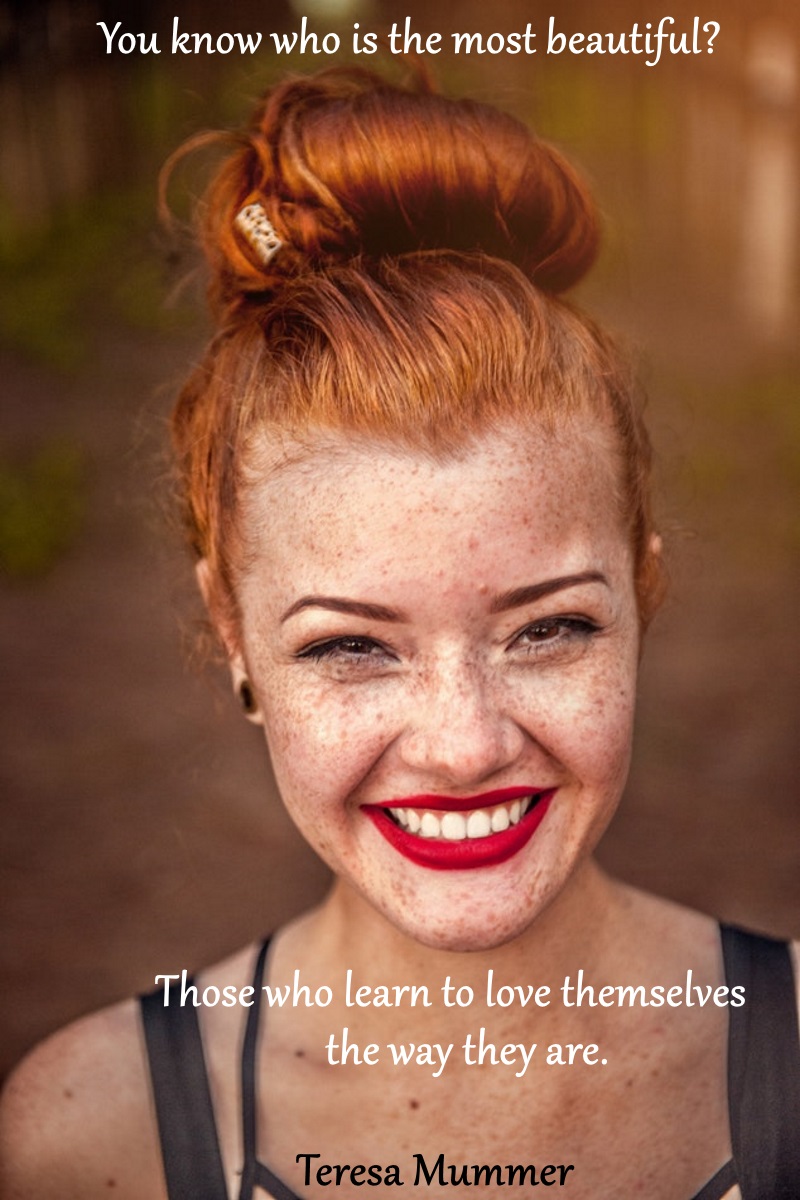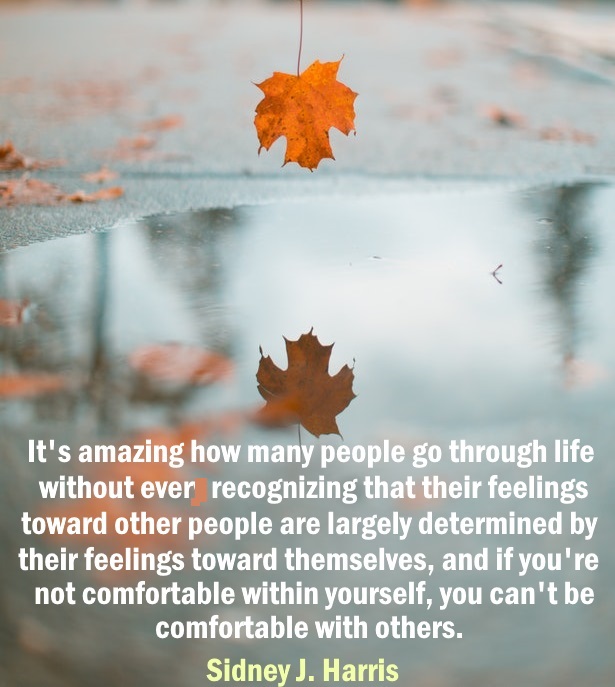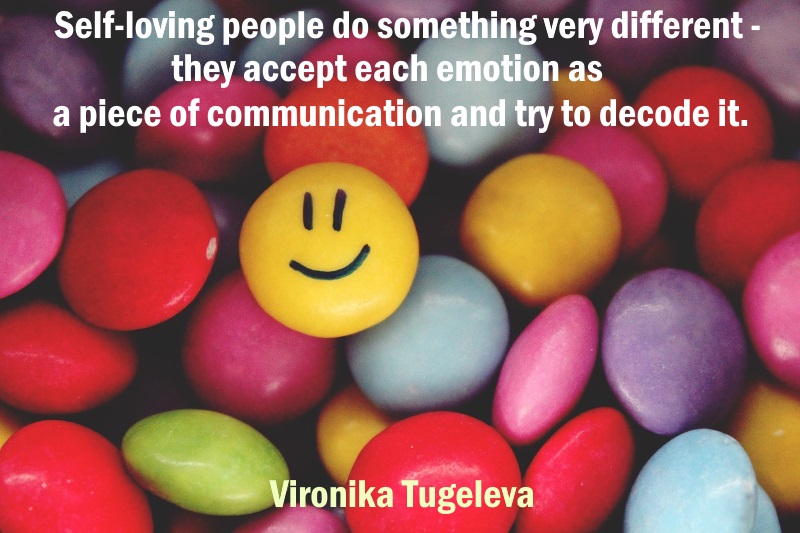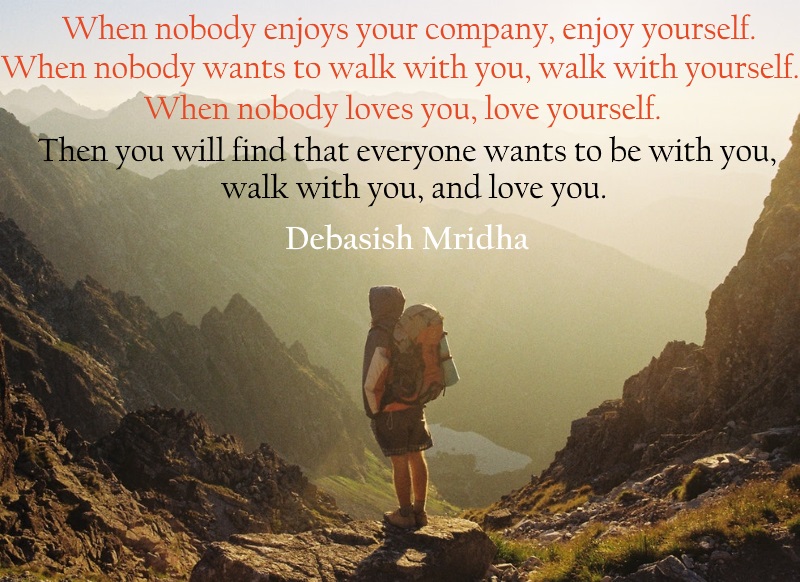
“I think I’m going to change my last name to Awesomeface,” my brother said to me one night.
I smirked. “Do I dare ask why?”
“Isn’t it obvious?” he asked. “I’m awesome.”
My brother didn’t always present himself with the air of confidence that he has in spades now. I can remember only a few years ago when approaching a girl would make his face turn red. Now, women fall over themselves to get a chance to talk to him. The researcher in me was fascinated when I watch him “in the field” as he worked his magic with a girl at a juice bar. With me, she was cold and business-like; with my brother she was all-smiles and giggling, and absolutely mesmerized by his charm. As I tapped my fingers on the counter waiting for my drink, I almost wanted to blurt out, “He used to be afraid of grass and lint!” But then I realized that she probably would have found this particular quirk of his rather adorable, so I bit my tongue and patiently waited until the spell over her broke.
The degree to which we like ourselves is more than skin-deep. I’ve met attractive people who had absolutely no self-confidence and I’ve met “average” people who possessed such a strong sense of self-assurance that I wanted nothing more than to bask in their light. Loving yourself is powerful; I’ve seen it with my own eyes.
So how do people who like themselves differ from those who don’t? What traits do they possess? Here’s what a study we conducted at Queendom revealed:
(Note: Scores range on a scale from 0 to 100)
Self-Confidence
- Score for people who like themselves: 79
- Score for people who don’t like themselves: 32
Not surprisingly, people who like themselves are self-confident, but not to an extreme degree, which means that they are able to achieve that ever-so-delicate balance between confidence and arrogance.
Tips to develop your confidence:
- Create a list of your strengths. List everything from your ability to fold clothes with army precision to your special talents (and everyone has them.)
- Take note of how often you discount yourself. When you catch yourself being overly self-critical, reword it into something more positive and empowering.
- Read empowering books. This might require a bit of trial and error, as a book that inspires others may not necessarily have the same effect on you. So if you’re browsing online, ignore the reviews and find a book that speaks to you. Here are just a few examples of books you may want to consider learning more about:
- Viktor Frankl’s Man’s Search for Meaning
- Ricard Carlson’s Don’t Sweat the Small Stuff
- Eckhart Tolle’s The Power of Now
- Louise Hay’s You Can Heal Your Life
- Jane Robert’s The Nature of Personal Reality
- Rick Caron’s Taming Your Gremlin
- Brené Brown’s, Rising Strong
- Greg Reid’s Thoughts Are Things

Likability
- Score for people who like themselves: 79
- Score for people who don’t like themselves: 32
People who like themselves are, well, likable. Rather simplistic in conception but not easy in practice (see here and here). The thing about likable people is 1) their amiability comes from within; people love them because they love themselves and 2) they don’t go out of their way to endear themselves to others. So don’t be fooled by their likable nature: These are people who command respect too.
Tips to boost your likability:
- Invest in self-development. People won’t like you for who you are if you don’t like yourself. So if your self-esteem isn’t very good, start there. Seek guidance from a life coach or therapist. Remember, therapy is about enhancing your general well-being, whether you’re struggling with depression or low self-esteem.
- Develop your empathy and social insight. Attention to social cues and body language will help you understand people better (their emotions, motivations, behaviors) allowing you to adjust your communication style and body language accordingly.
- Think before you speak – a simple yet powerful piece of wisdom. Offer your opinion if you’re asked, but do it tactfully.
Emotional Control
- Score for people who like themselves: 70
- Score for people who don’t like themselves: 44
It’s not that people who like themselves never get angry, anxious, or sad; they just don’t use these feelings as an excuse to be even harsher with themselves (more on this when I cover Resilience).
Tips to improve your emotional control:
- Start by getting any anger or anxiety issues under control. If you’ve reached a point where your emotional outbursts are alienating you, it’s time to seek help. “Short-tempered” is not a personality quirk, it’s an impulse control issue, and you can learn how to moderate it. Similarly, anxiety is not a normal state of mind. It’s common to be nervous before a test or a presentation, but if you are consciously avoiding situations that make you anxious, you need to speak to a professional.
- Take yourself out of an emotionally charged situation, at least for a few moments. Excuse yourself and find a quiet place. Take deep breaths and then re-calibrate your perspective of the situation: Does it really warrant such a strong reaction? If you had 24 hours to think about what happened, how would you react differently? Will this situation matter to you in 10 days, 10 weeks, or 10 years?
- Remember, emotions are transient. That feeling you’re feeling now won’t be the same next week. As time passes, it will dissipate and be replaced with other emotions. Don’t mix “then” feelings with “now” feelings. We are emotional beings, but we are not at the mercy of our emotions.
- Don’t fall into the trap of believing that other people have the power to control your feelings. If you pay attention, you’ll probably catch yourself saying, “He made me so angry” or “She hurt my feelings”. The reality is that you choose your emotional reactions, whether you are consciously aware of it or not (and whether you’re willing to admit it or not). This is why I often think that our modern education system is in dire need of a paradigm shift. We teach children the skills to navigate the business world, but not their social or emotional world.

Resilience
- Score for people who like themselves: 73
- Score for people who don’t like themselves: 49
I don’t like myself when I’m upset and I also don’t like myself when I’m stressed out. What I have learned, however, is that what I truly dislike is the sense of helplessness that these emotions elicit. Have you ever been so angry that it brought you to tears? I have and I hate it, because whereas my anger made me feel empowered, the fact that I gave way to tears made me feel weak. My point is, people who like themselves recognize that life isn’t easy; they know that they will stumble on occasion and will feel vulnerable as a result. They key factor in all this, however, is that they accept it. They accept their struggles and their stressful days, because they know they will come out stronger as a result.
Tips to develop resilience:
- Acknowledge feelings of self-doubt…and then move forward anyway. You’ll really never know what you’re capable of until you actually try. Don’t allow doubts to settle either: Milk them for information. What is the source of the doubt? What proof do you have that you are not capable? What proof do you have that you are capable? Don’t fall into the trap of pessimistic, cynical thinking.
- Use your strengths to your advantage. So if you’re good at networking, connect yourself with people who can enhance your life and vice versa. If you’re a good writer, journal about your triumphs and refer to them when you need a boost. If they don’t have the knowledge or resources to resolve a problem, seek it out.
- Improve your coping skills. It’s not the type of stressor that matters, it’s how you respond to it. Conduct research on different coping strategies, like the following
- Social support
- Positive Cognitive Restructuring
- Meditation and mindfulness
- Journaling
- Aromatherapy
Stay tuned for part 2!

Insightfully yours,
Queen D


I am awesomeness: Characteristics of people who like themselves (Part 2) | Queendom Blog
[…] ← Previous […]